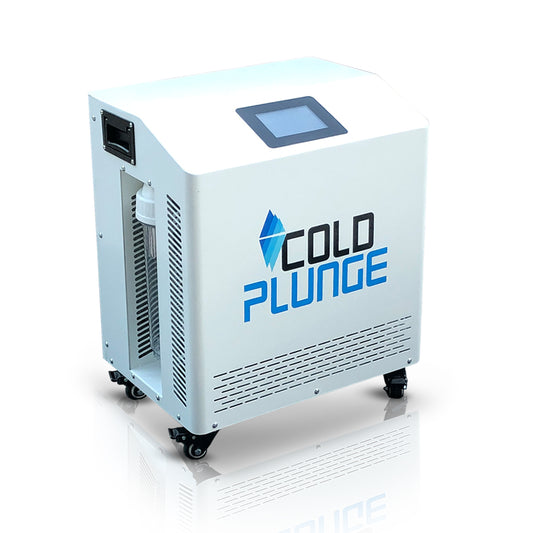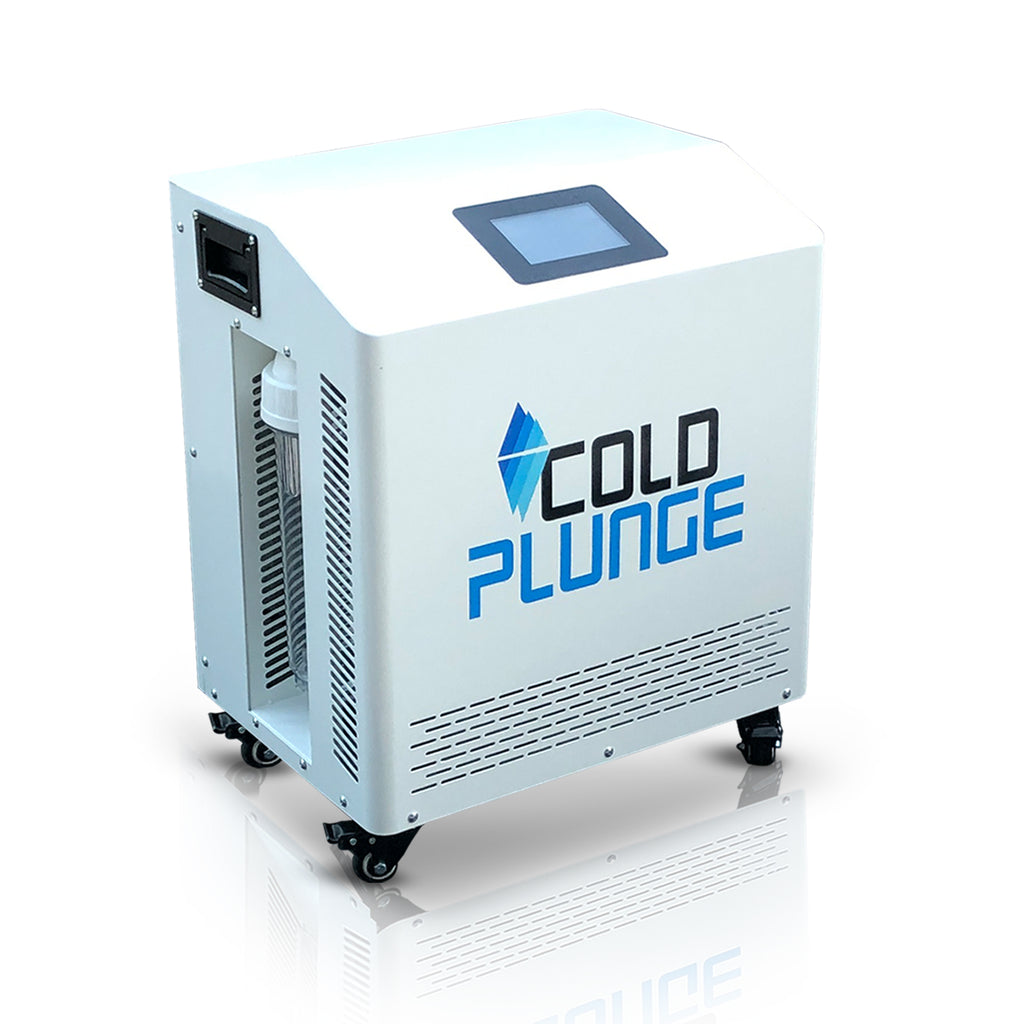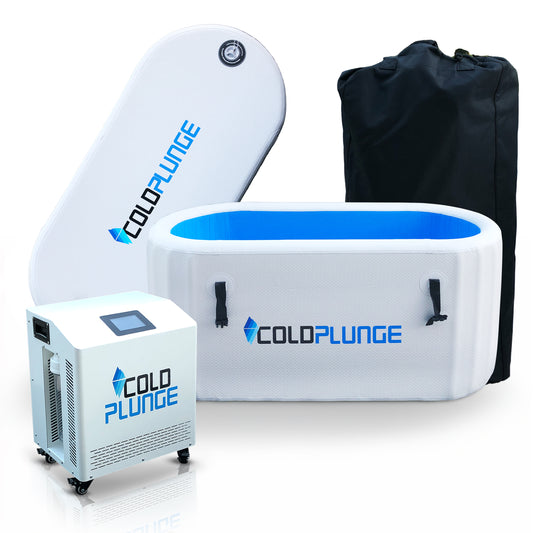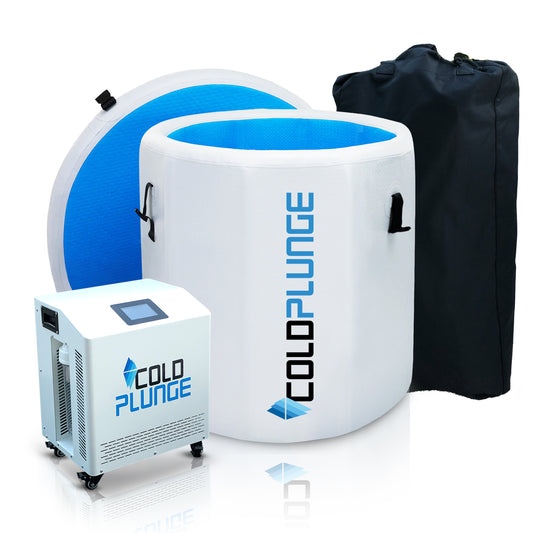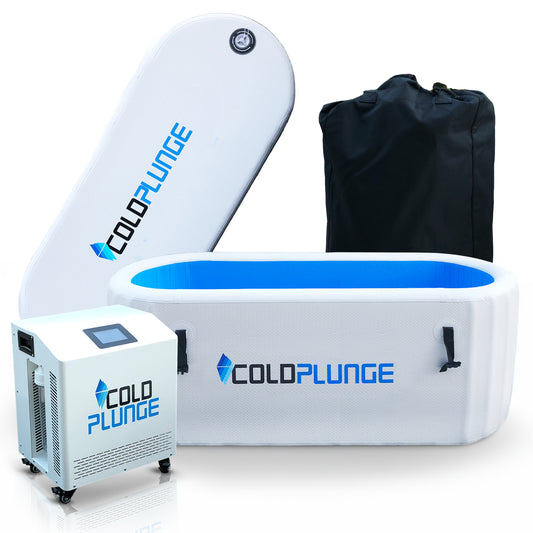Cold water immersion can have a positive impact on mood due to a combination of physiological and psychological factors. Here's how cold water immersion can improve your mood:
-
Endorphin Release: Exposure to cold water triggers the release of endorphins, which are natural chemicals produced by the body that act as painkillers and mood enhancers. Endorphins create feelings of euphoria and well-being, often referred to as the "runner's high." This mood uplift can counteract negative emotions and improve your overall mood.
-
Stress Reduction: Cold water immersion activates the body's stress response initially, leading to increased heart rate and adrenaline release. However, as you adapt to the cold, the parasympathetic nervous system, responsible for relaxation, becomes dominant. This shift promotes a sense of calm and relaxation, reducing stress and anxiety.
-
Improved Blood Circulation: Cold water exposure stimulates blood flow, leading to improved circulation. Enhanced circulation helps transport oxygen and nutrients to the brain and body, contributing to an overall sense of alertness and well-being.
-
Mental Resilience: Regular exposure to cold water can build mental resilience and toughness. Overcoming the initial discomfort and shock of cold water immersion can boost your confidence and sense of accomplishment, leading to a more positive outlook on challenges in daily life.
-
Enhanced Mood Regulation: Cold water therapy can help regulate mood by stabilizing the release of neurotransmitters like serotonin and dopamine, which play critical roles in mood regulation. Cold exposure may help balance these neurotransmitters, potentially reducing mood swings and improving emotional stability.
-
Improved Sleep Quality: Cold water immersion can promote better sleep quality by relaxing the body and mind. Quality sleep is essential for mood regulation, and cold therapy can contribute to a more restful night's sleep.
-
Distraction from Negative Thoughts: The shock and intense sensations experienced during cold water immersion can temporarily divert your attention away from negative thoughts or stressors, providing a mental break and a fresh perspective.
-
Sense of Achievement: Successfully enduring a cold water plunge can provide a sense of achievement and empowerment. This feeling of accomplishment can boost self-esteem and elevate your mood.
-
Relaxation and Stress Relief: As the body warms up after cold water immersion, you may experience a deep sense of relaxation and relief from physical tension. This relaxation can extend to mental and emotional states, promoting a more positive mood.
-
Increased Alertness: Cold water immersion can increase alertness and mental clarity. Feeling more awake and alert can have a positive impact on your mood and productivity.
It's important to approach cold water immersion with caution, especially if you're new to the practice or have underlying medical conditions. Gradually build your tolerance to cold water and listen to your body's signals. If you have concerns about the safety or suitability of cold water immersion for your specific circumstances, consult with a healthcare professional before incorporating it into your routine.
Cold water immersion is just one of many strategies that can improve mood and well-being. Combining cold therapy with other stress management techniques, such as mindfulness, exercise, and social support, can provide a holistic approach to enhancing mood and mental health.


